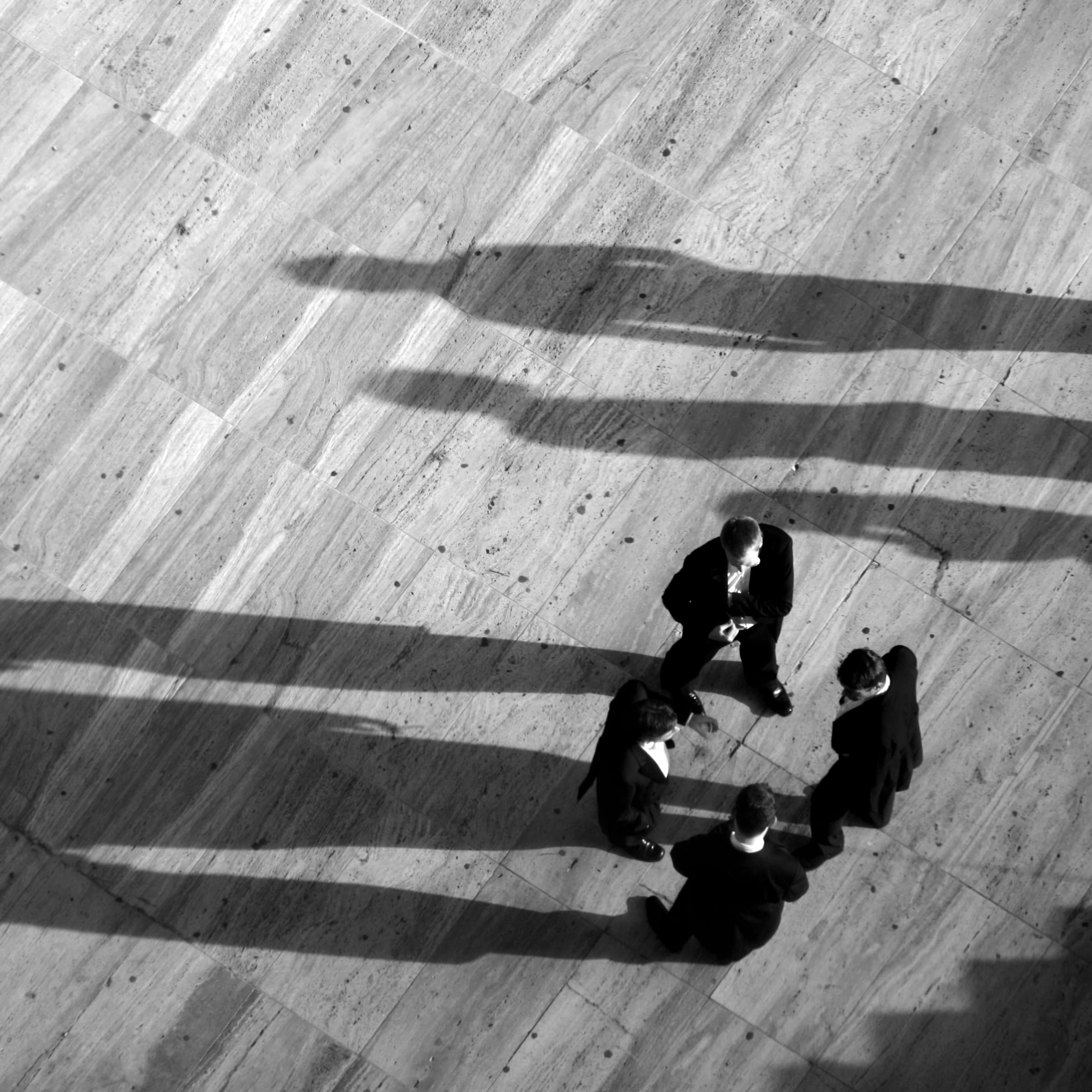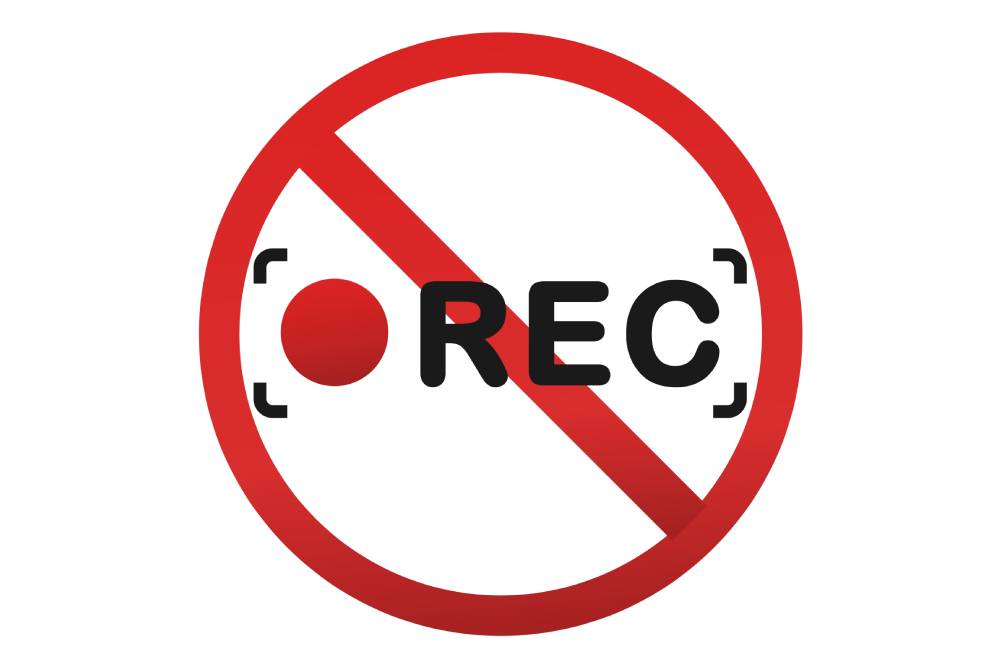In New South Wales, the Surveillance Devices Act 2007 (NSW)prohibits the recording of private conversations without the consent of everyone involved. However, in Family Law matters, the Federal Circuit and Family Court of Australia (“FCFCOA”) can sometimes allow recordings that were obtained without consent, particularly in parenting matters. While technology can be a vital tool for protection and evidence, its use in legal proceedings can have both benefits and significant risks.
The Family Court’s Approach to Recordings
In parenting matters, the FCFCOA must always put the best interests of the children and safety of the children, and parties first. Typically, evidence obtained through illegal means is not admissible in Court. However, the FCFCOA has the discretion to allow illegally obtained recordings in certain circumstances, especially when those recordings are essential to proving matters relating to family violence. It is under section 138 of the Evidence Act 1995 (Cth) that the FCFCOA may admit such evidence if it is deemed critical to the case.
In a recent matter of ours, audio recordings sent through Facebook Messenger were submitted as evidence. These recordings contained threats of violence towards the children and concerning admissions from the other parent. Such recordings raised concerns about the safety of the children involved, the risk of harm to the children in the care of the other parent, and the other parent’s mental health. The FCFCOA allowed these recordings into evidence due to their relevance to the parenting orders being sought and the need to address immediate concerns for the children’s welfare in the care of the other parent. As a result of the evidence presented, the FCFCOA decided to restrict the other parent’s contact with the children to only a one day per week supervised visit; despite the other parent having previously been the children’s primary caregiver.
This case highlights how even informal recordings sent through social media, such as voice messages and direct messages, can have a significant impact in Family Law matters – particularly when they demonstrate a potential risk of harm to the children and/or family violence.
However, it also serves as a reminder that such evidence must be handled carefully, as it can work both for and against a party, depending on how it is perceived by the Court.
The Dangers of Recording in Family Law Matters
Whilst recording can seem like a powerful way to prove your case, it can sometimes have unintended consequences. In the case of Essa & Salter [2021], a Father made recordings of his child trying to prove that the Mother was coaching the child to make negative comments about him. Instead, the FCFCOA found that the Father’s actions showed controlling behaviour and a lack of focus on the child’s wellbeing. The recordings, rather than supporting his case, ended up damaging his position, as the Court highlighted how his behaviour was negatively affecting the child.
When considering the use of a recording in Family law matters, it is important to remember that any recording could potentially be used against you in Court. The Court will scrutinise not just the content of the recording, but also the circumstances under which it was made, and, the intent behind it.
Key Considerations for Admissibility
The NSW Supreme Court case of Rathswohl v Court [2020] provides a useful summary as to whether illegally obtained recordings should be admitted as evidence. The Court will consider:
- The purpose of the recording, such as whether it was made to protect against false accusation or to prove serious threats or abuse;
- Whether there were other means of obtaining the same evidence, such as reporting the matter to authorities; and
- The impact of the recording on the best interests of the children involved and whether it could potentially cause harm.
The Importance of Legal Advice
Using recordings in a Family law matter is not a decision to take lightly. Even if a recording is admitted into evidence, it may not have the intended effect, and the FCFCOA may interpret the footage and/or audio and/or messages, in a way that weakens your case. Additionally, recording conversations without consent can have emotional and legal consequences, particularly when children are involved.
Before deciding to use recordings as evidence in support of your case before the FCFCOA, it is essential to consult with a Family Law Solicitor. A Family Law solicitor can help you navigate the complexities of the Law, and ensure that any evidence you present is both valid, and, beneficial to your case.
Going to the FCFCOA for parenting and property orders, is one of the most stressful and important times in your life; intimate knowledge of the Court system and preparedness are keys to success. Let the Team at Paysonberg give you the support and assistance needed, every step of the way.




















